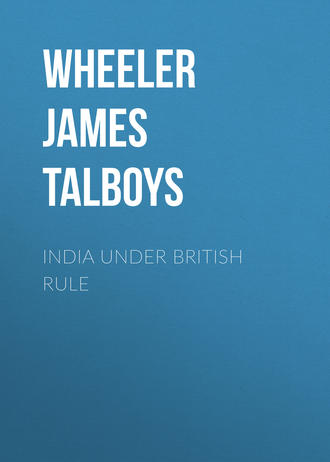India Under British Rule
 полная версия
полная версияIndia Under British Rule
Жанр: учебная и научная литературазарубежная классиказарубежная старинная литературазарубежная образовательная литератураисторическая научная и учебная литератураобщая историязнания и навыки
Язык: Английский
Год издания: 2018
Добавлена:
Настройки чтения
Размер шрифта
Высота строк
Поля

